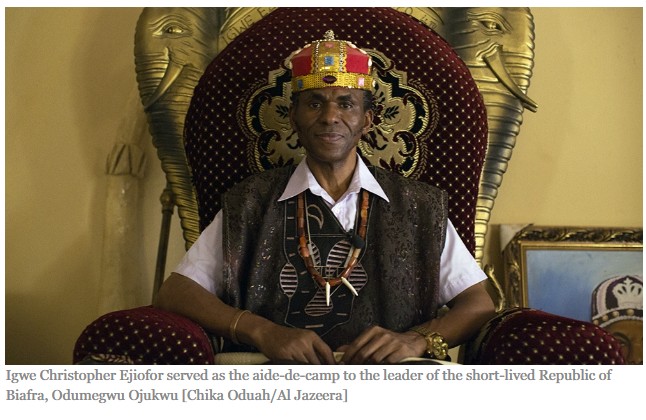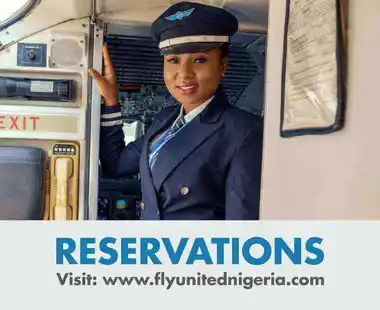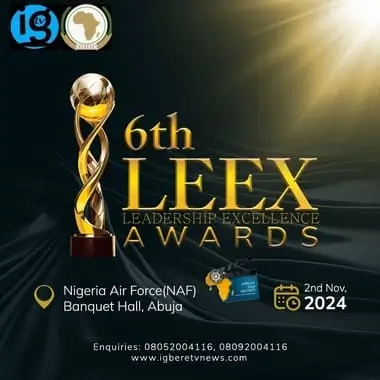ethnicities dotted across the landscape, three major groups tend to emerge in national dialogue due to their sheer numbers: the Yoruba, from the southwest; the Hausa-Fulani in the north and the Igbo from the southeast.
Pro-Biafrans say the federal Nigerian government is discriminating and marginalising them, the Igbo people.
“I’m not allowed to contest for the presidency of Nigeria because I’m Igbo. I’m not allowed to aspire to become the inspector general of police because I’m Igbo. I’m not allowed to become chief of army staff because I’m Igbo. What sort of stupid country is that?” Kanu asks. “Why would any idiot want me to be in that sort of country?”
In Kanu’s mind, Umuahia does not exist in Nigeria. It is in Biafra and he is waiting for the world to acknowledge it.
Since the 1964 appointment of the first indigenous Nigerian as the head of the Nigerian Police Force, known as the inspector general, more than a dozen officers have held the post. Two of them have been Igbo. In a lineup of almost two-dozen chiefs of army staff, the highest-ranking military officer in the Nigerian army, two have come from southeastern Nigeria.

Perceptions of marginalisation
“The southeast feels it has been politically marginalised. There is a point to that. It has been shrunken from being one of the three major regions of the country to now being virtually a minority with the smallest number of states of the six zones in the federation,” explains Nnamdi Obasi, a senior analyst at the International Crisis Group.
He says that there has only been one Igbo president and one Igbo vice president since Nigeria declared independence from the UK in 1960.
Pro-Biafrans also complain that the federal government is not funding enough infrastructure development in the region, despite a recent announcement by the federal Minister of Power, Works and Housing that road construction will be completed in the southeast.
The southeastern region of Nigeria has five states, while other regions have more.
“They certainly are at a disadvantaged position now,” Obasi says. “The political configuration of the country ensures that less federal allocation gets to the southeast.”
Nigeria’s national economics is closely tied to its politics. Nigeria is a highly centralised federalism that relies on revenue from oil sales. Money trickles down from the central government and more money flows towards regions that have more state and local governments.
A recent poll conducted by SBM Intelligence, a local research group, found that the pro-Biafra movement is gaining popularity in the southeast and that this growth could be a reaction to the perception that the region is marginalised and economically deprived.
“So the Nigerian government has to be seen clearly as carrying the region along,” Cheta Nwanze, a lead researcher at SBM Intelligence, says.
But pro-Biafrans like Amah have written off the Nigerian federal government and, in particular, the administration of President Muhammadu Buhari.
“Buhari hates the southeast because we didn’t vote for him,” says Chukwudi Diru, a taxi driver with a mini Biafran flag taped to the dashboard of his 2003 car.
In his landmark 2015 election victory, Buhari garnered the least amount of votes in the southernmost and southeastern region.
Buhari commented on this during a visit to the United States shortly after his win. During an






